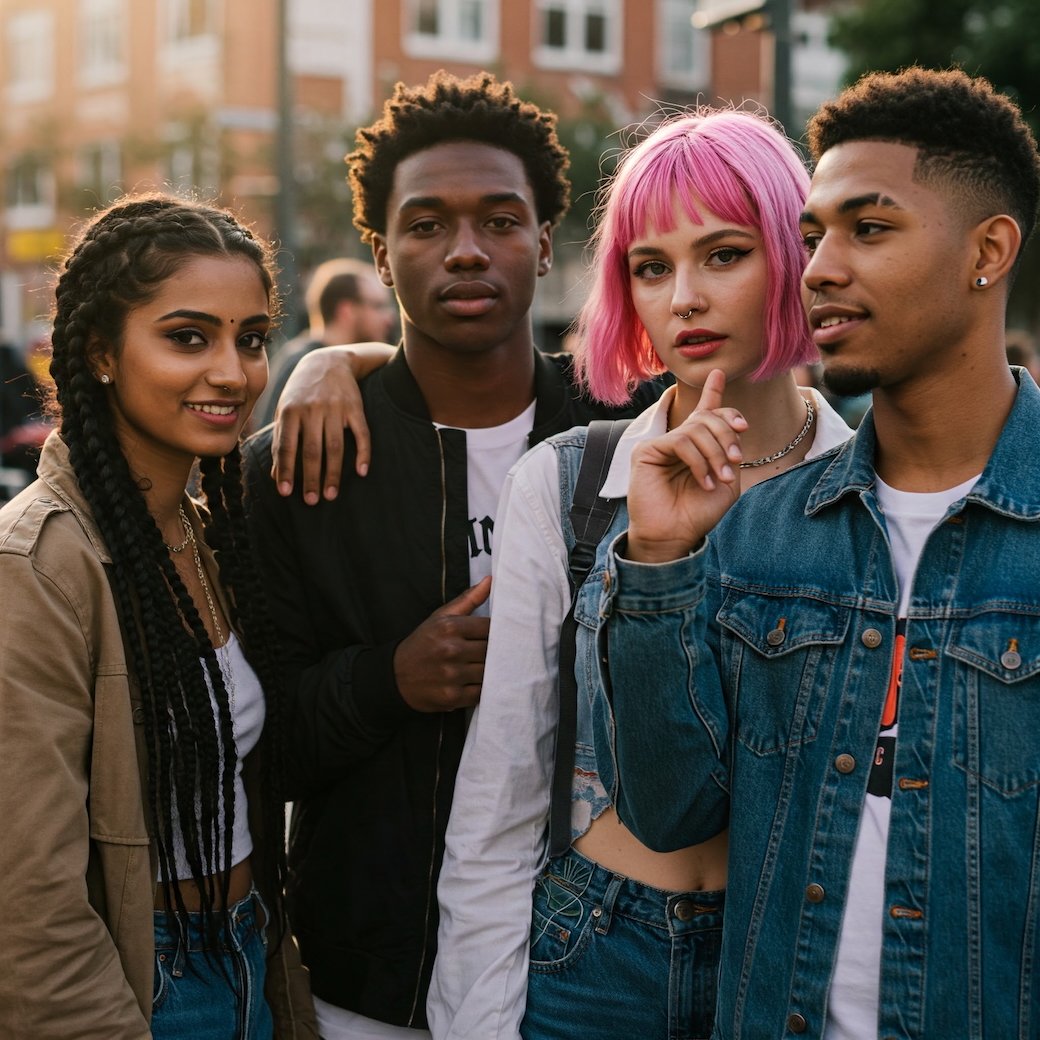Gen Z: The “Quiet Quitting” Generation or the Future of the Workforce

Gen Z: The “Quiet Quitting” Generation or the Future of the Workforce?
Gen Z is shaking up the workplace with their unique approach to work-life balance and expectations.
Gen Z, the generation born between 1997 and 2012, is making its presence felt in the workforce. Known for their tech-savviness, social consciousness, and desire for work-life balance, Gen Z is challenging traditional workplace norms and expectations.
Quiet Quitting
One of the most talked-about trends associated with Gen Z is “quiet quitting.” This term refers to the practice of doing the bare minimum at work and not going above and beyond what is required. While some may view this as laziness or a lack of commitment, Gen Z sees it as setting boundaries and prioritizing their well-being.
The Rise of Side Hustles
Gen Z is also known for its entrepreneurial spirit and the rise of side hustles. Many Gen Zers are using their skills and talents to generate income outside of their traditional jobs. This allows them to pursue their passions, gain financial independence, and build a more secure future.
Mental Health Awareness
Gen Z is more open about discussing mental health than previous generations. They are also more likely to seek help for mental health issues. This increased awareness and acceptance of mental health challenges is helping to break down stigma and create a more supportive workplace culture.
The Future of Work
Gen Z is the future of the workforce. Their unique perspective and values are shaping the way we work and what we expect from our jobs. As they continue to enter the workforce, we can expect to see even more changes in the way we approach work-life balance, mental health, and the use of technology.
What do you think about Gen Z’s impact on the workplace?
Share your thoughts in the comments below.



